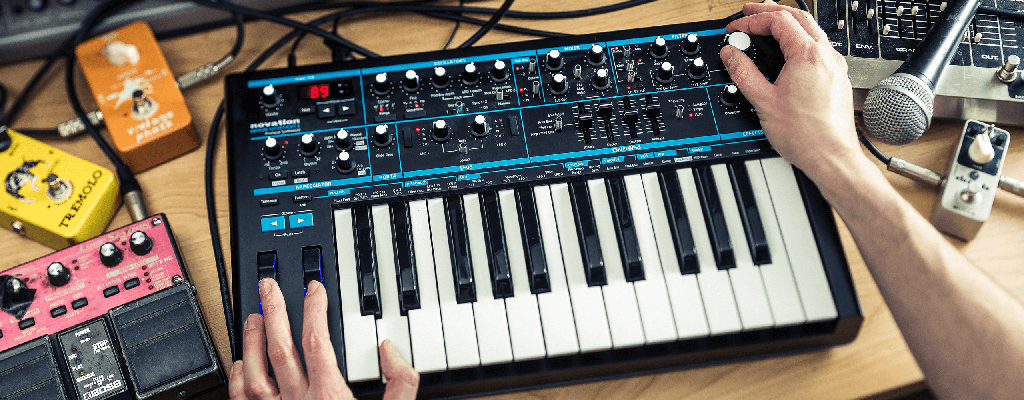I want to preface this question by saying I'm a beginner to music.
I recently attempted to learn the piano. I was fine with one hand but encountered several difficulties as soon as I switched to two hands. I painfully discovered that it is difficult(impossible?) for the brain to focus on more than 1 task simultaneously and multitasking is an illusion when in fact we can only switch tasks(albeit, in rapid succession).This is why a person can train (within a few weeks) to type unseen text really fast because they are pressing the key of either their left or right hand at one time so they are still doing only one task at a time.This level of speed is not possible(with any degree of training) if they were asked to type unseen and different pieces of text on different hands simultaneously(like a piano). Thus, muscle memory(on at least one hand) becomes important and extensive, repetitive labour is required to reach high levels of speed. Since each piece is unique, this means that labour on one piece is helpful only to a very limited degree on a fresh piece and practice on vast number of pieces is requisite to develop transferrable skills which can enable one to play unseen pieces of piano music at speed.
I am not averse to practice, but as music is my hobby, I won't be able to devote extensive amounts of time to it. Thus, I am looking for an instrument which doesn't require extensive amounts of practice per piece once I have learnt the fundamentals of the instrument. This is not to imply that I want an instrument which doesn't require independence of hands and with which I can play unseen pieces at speed. I just want that the amount of practice per piece is less than the piano. This may be due to less independence of hands, more transferrable skills or less complex muscle memory.
I am open to all instruments but am particularly inspired by pieces I have heard played on the violin. So, please include a comparison between the violin and the piano as part of your answer.
Thanks!

